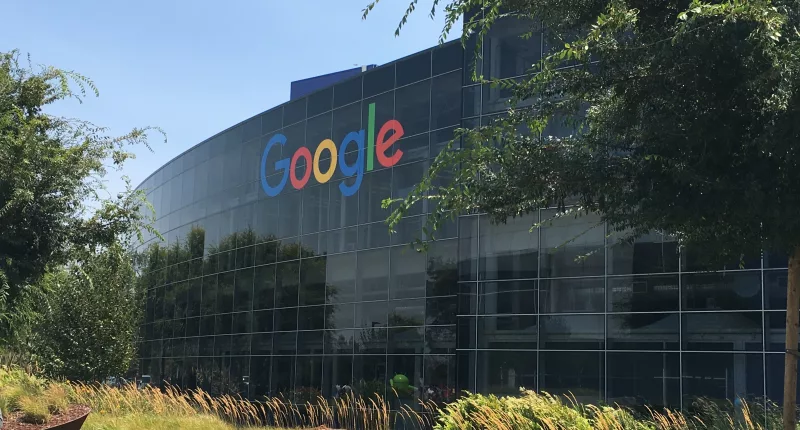A US District court has opined that Google abused its dominant position in the online search and advertising market, violating antitrust laws by spending billions of dollars to create and maintain an illegal monopoly in the search engine market. This decision marks a significant milestone for federal authorities in their ongoing efforts to curtail the market dominance of Big Tech companies. Google of course, will appeal the decision.
Judge Amit Mehta of the US District Court for the District of Columbia found that Google had engaged in anti-competitive practices to maintain its stranglehold on the search engine market. The company was accused of paying billions of dollars to smartphone manufacturers and browser makers to make Google Search the default option, effectively locking out competitors. “After having carefully considered and weighed the witness testimony and evidence, the court reaches the following conclusion: Google is a monopolist, and it has acted as one to maintain its monopoly,” the ruling states.
By controlling about 90% of the online search market and 95% of the smartphone search market, Google has effectively stifled competition. The judge pointed out that Google had paid $26.3 billion in 2021 alone to secure its default status, thus preventing rivals from gaining a foothold. The ruling noted that such agreements significantly hinder other companies from competing, as they would need to match or exceed Google’s substantial payments to secure similar default positions. This behavior, Mehta concluded, is in violation of Section 2 of the Sherman Act, which prohibits monopolistic practices.
This decision is a culmination of years of scrutiny and investigation into the practices of tech giants, and part of a broader regulatory crackdown on Big Tech companies. The Department of Justice, under both the Trump and Biden administrations, has been increasingly aggressive in its pursuit of antitrust cases against Big Tech. The Google case is the first major victory for these efforts. Similar lawsuits have been filed against other major players like Meta, Amazon, and Apple, alleging that these companies have also engaged in monopolistic practices.
The ruling sets the stage for a second trial phase, which will determine the appropriate remedies for Google’s antitrust violations. Possible outcomes include imposing restrictions on Google’s business practices or even breaking up Alphabet, Google’s parent company. Such measures could also alter the landscape of the online advertising market, where Google has been a dominant player for years, as well as set a precedent for future antitrust cases.
The legal proceedings are expected to be lengthy, with potential appeals to higher courts, including the U.S. Court of Appeals for the District of Columbia Circuit and the U.S. Supreme Court. Nonetheless, the ruling has been hailed as a significant victory by federal antitrust enforcers. US Attorney General Merrick Garland hailed the ruling as a “historic win for the American people.” “No company – no matter how large or influential – is above the law,” Garland said in a statement. “The Justice Department will continue to vigorously enforce our antitrust laws.” This sentiment was echoed by White House Press Secretary Karine Jean-Pierre, who called the ruling a victory for competition and fairness in the digital marketplace.
Google, however, has announced its intention to appeal the ruling. The company maintains that its search engine is the best available and that its practices benefit consumers by making superior search capabilities easily accessible. In a statement, Google argued that the decision misunderstands the competitive nature of the market and the company’s role within it.
The Tech Portal is published by Blue Box Media Private Limited. Our investors have no influence over our reporting. Read our full Ownership and Funding Disclosure →






